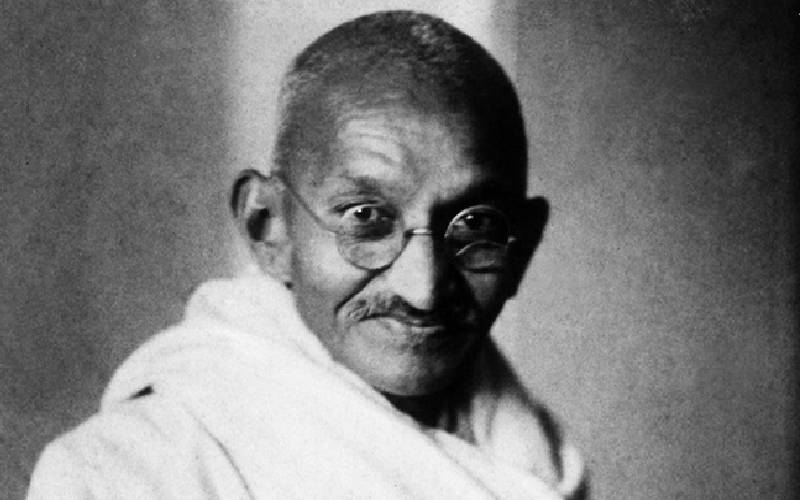×
The Standard e-Paper
Join Thousands Daily
 As a youth, I idolised Malcolm X. After reading Arthur Haileys ‘The biography of Malcolm X’ in Nairobi School, I made my colleagues read it too.
As a youth, I idolised Malcolm X. After reading Arthur Haileys ‘The biography of Malcolm X’ in Nairobi School, I made my colleagues read it too.
The idea of a junkie, a pimp, a thief and a jailbird eventually rising to become an inspirational leader inspired me. Malcolm X still inspires me to this day. I have his portrait looking down at me pensively in my office.